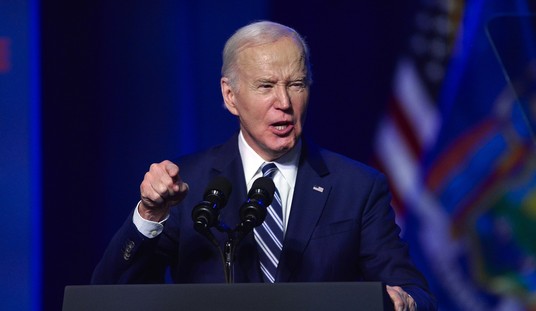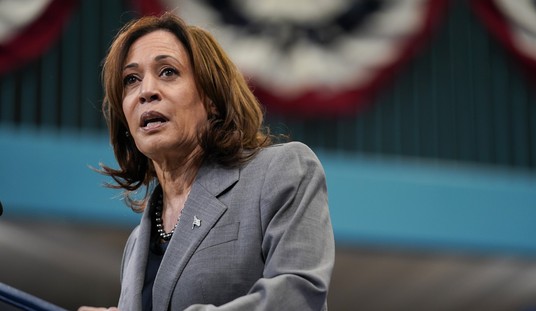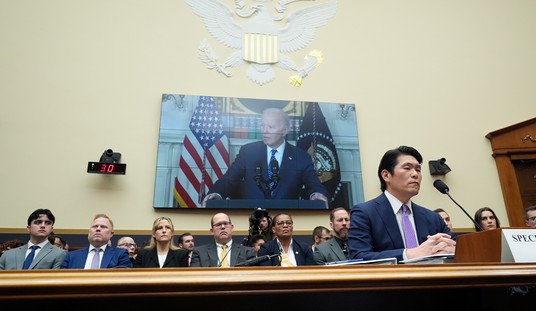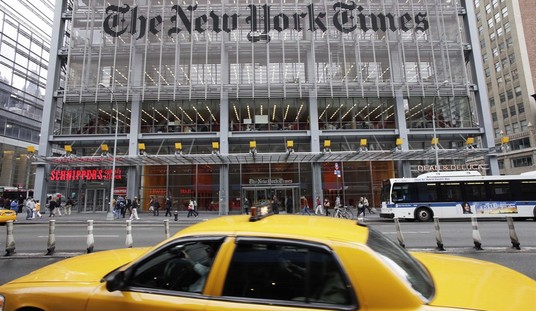America has a massive debt problem, on that most Americans can agree. How it we ended-up here, however, is a matter of interminable debate between our two major political parties. The process of running up a $20 trillion federal deficit may seem complex and complicated, but in reality it is no more complicated than a family running-up enormous balances on their credit cards.
The same spending principles are at play, and many of the same mistakes are made. The federal government, like most households, finances its spending in one of two ways: income coming in (in the form of taxes for government, salaries and wages for households) or through the use of debt (Treasury securities for the government, credit cards, student loans, car loans, etc. for households). The responsible government or household strives to make ends meet, while striving to stay away from the excessive use of debt instruments. Deficits are created when needs arise that outstrip income, and entrenched debt is created when debt is treated like income in perpetuity.
In spite of the similarities in principle of private households and the federal government, there are several major financial differences in their accumulation of debt. The biggest of these differences is the ability of the Federal Reserve to create the money needed to pay-back the government’s debt obligations. Whereas households actually have to earn the cash they need to repay their obligations, government fires-up the printing presses, figuratively speaking. This means that, ultimately, we all pay for fiscal irresponsibility in Washington.
Here is how the debt cycle in D.C. actually works: Congress blows billions of dollars more every year than the federal government takes in through tax revenue, the Treasury Department issues bonds to securitize the debt (the bond is the credit card of the government), then the Treasury sells these bonds to investors to raise the capital needed to pay for profligate spending by the government.
The question then becomes who buys the bonds? Unfortunately, the answer is that the Federal Reserve has bought $ billions through bond-buying programs.
From stimulus packages, to big government bailouts, the Federal Reserve has been one of the largest purchasers of bonds issued by the Treasury. This is a tell-tale sign that investors in this country, as well as abroad, have lost some of their appetite to continue bailing out an out-of-control government in Washington. This ought to serve as a warning sign to Washington.
There have been other governments in modern history that have tried this same sort of socialistic monetary scheme, with predictably disastrous results. Germany’s Weimar Republic gave it a whirl, destroyed their economy, and ended up with Adolf Hitler in the aftermath. The Greeks gave it a go, only to find themselves going down the road to economic oblivion. These are just two examples of what not to do that policymakers in Washington seem unwilling to heed. Hyperinflation is the inherent result of printing money from thin air, and this is a de facto tax on the American people.
If the government prints money to pay its own bills, doesn’t that destroy the value of money already in circulation? The answer is yes, and we call that process monetary debasement inflation. This means that the dollars in each of our pockets are becoming more and more worthless as the printing presses keep printing. This makes everything from corn flakes to clothes more expensive for American consumers, and the value of our savings and retirement accounts is undermined.
The circle of socialism, wherein an over-promising, big spending federal government attempts to cover for its financial mismanagement through the printing of cash, actually has the same effect as a tax hike. That result is less purchasing power for American families, which translates into hampered economic demand and sluggish economic growth. This adversely affects the standard of living of all Americans.
As President Trump considers his choice to chair the Federal Reserve next year, I hope he selects a candidate who wants to limit the power and reach of the central bank. Congress, likewise, needs to expand its oversight of the Fed including, but not limited to, annual audits of the bank’s balance sheet and income statements. If the unaccountable power of the Fed is not reigned-in the prediction of Thomas Jefferson that “If the American people ever allow private banks to control the issue of their currency, first by inflation, then by deflation… their children wake up homeless on the continent their Fathers conquered” will be fulfilled in our time.













Join the conversation as a VIP Member